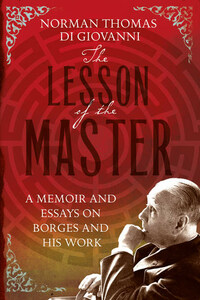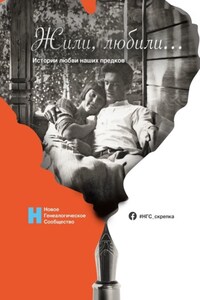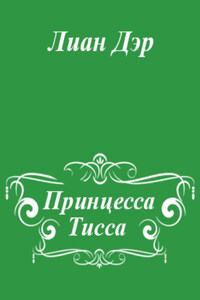Cover
Title Page
Dedication
Foreword
Foreword to the First Edition
I
In Memory of Borges
II
Borges and His Interpreters
Borges at Play: The Self and the Selves
Evaristo Carriego: Borges as Biographer
Borges and His Sources: A Universal History of Infamy
Borges and His Autobiography
On Translating Borges
A Translator’s Guide
Backward Glances
Afterword
Appendix: A Footnote to Infamy
About the Author
Praise for The Slaughteryard
Copyright
About the Publisher
The roots of this book go back exactly a decade, to when Buenos Aires was plunged into the circus celebrations of the Borges centenary. The affair, designated el año borgeano – the Year of Borges – was arranged to span twelve months.
The festivities began on the twenty-fourth of August 1998, the date of the master’s ninety-ninth birthday, with an evening of ‘anecdotes and testimony’ at Buenos Aires’ San Martín Cultural Centre. Here, Borges was remembered by friends and – most incongruously – by politicians, a breed he held in utter contempt.
Two days later, as reported in the pages of La Nación, a book to herald the Year of Years was launched at the city’s Museum of Decorative Arts. The volume, an illustrated edition of El Aleph, Borges’s best collection of stories, was an extravaganza of bookmaking. Twelve years in production, the tome was limited to twenty-five copies and was on sale for $25,000. The artwork employed, among other techniques, watercolour, etching, lithography, pencil, oil, and acrylic. The enterprise was masterminded by two Argentine magnates – one the founder of a ski resort and the other an ex-industrialist in metals. La Nación went on to describe the book as
unique of its kind because each copy has been painted in an exclusive way, leaf by leaf. No one of the 4,000 pages that make up the edition is like any other.
It was a case of life imitating art. A few years earlier, Borges had devised a Book of Sand, consisting of an infinite number of pages of which none was the first and none the last. The volume bore countless small illustrations two thousand pages apart, but no one of them could be found twice. Borges dubbed his creation monstrous, ‘a nightmarish object, an obscene thing’.
My own book, translated as La lección del maestro, appeared in Buenos Aires in the wake of this yearlong apotheosis. The city, in 2003, was still basking in the heady afterglow of Borges’s deification. Several reviewers therefore angrily rounded on me; to them, my essays laid a heretical claim to my having sat at the right hand of God. That was of course both absurd and impossible. The Borges I had written about was the Borges of several decades earlier, who was then only a god-in-waiting.
I did not fare much better with certain English reviewers, who seemed unable to believe that I could have played the part I described in Borges’s life. The memoir about this, ‘In Memory of Borges’, was written from jottings in notebooks of the period. In their breezy shorthand I wanted to reflect the rush of our lives, of our compressed and packed days. I also wanted to provide examples of the sort of playful irony and humour that Borges and I shared and that were his hallmarks. This somehow rankled. When I wrote, meaning just the opposite, that a certain article in a Buenos Aires weekly was about me and not about Borges, the essay was branded ‘quite transparently a work of aggrieved limelight seeking.’ Unfortunately the reviewer had missed the joke. I’d never had to seek the limelight with Borges because from the outset of my career with him I had been thrust into it.
‘Some Borges aficionados are irritated (to put it mildly)’, wrote another critic, ‘that di Giovanni’s association with Borges developed from the role of passive translator to active collaborator.’ Borges himself had no such qualms. He once told an audience, ‘When we attempt a translation, or re-creation, of my poems or prose in English, we don’t think of ourselves as being two men. We think we are really one mind at work.’ For ‘irritated’, perhaps ‘envious’ would have been the better word choice – again the right-hand-of-God syndrome.
Someone else found the book ‘burdened with grudges’ and complained that I had ‘scores to settle with executors, editors, translators and academics, who are accused of being mean-minded, middling, incompetent and obfuscating respectively.’ On one of these counts I do bear a grudge, and why should I not air it? Decades of my work, a significant portion of it also Borges’s, have been consigned to the dustbin. His executor refused to honour Borges’s word; I was informed by the American publisher of his fiction that ‘the estate would not allow us to republish Borges under the old … terms.’ On the spot, my formal contractual agreements of twenty or more years were unilaterally declared null and void.
Nor have I been the only person incensed about this turn of events. Many readers of Borges, some of whom vent their views on the Internet, also feel cheated. Susan Sontag even took the trouble to write to me that








